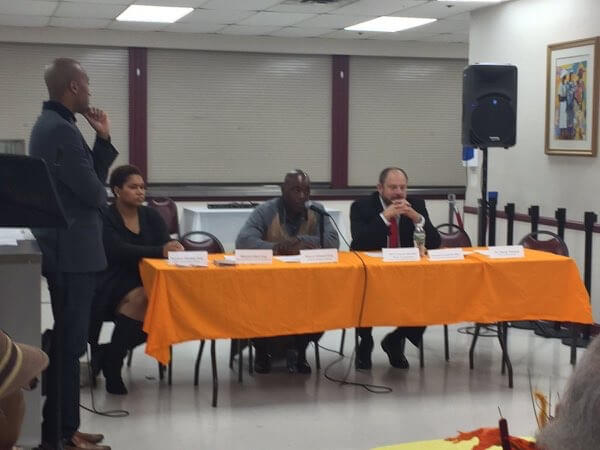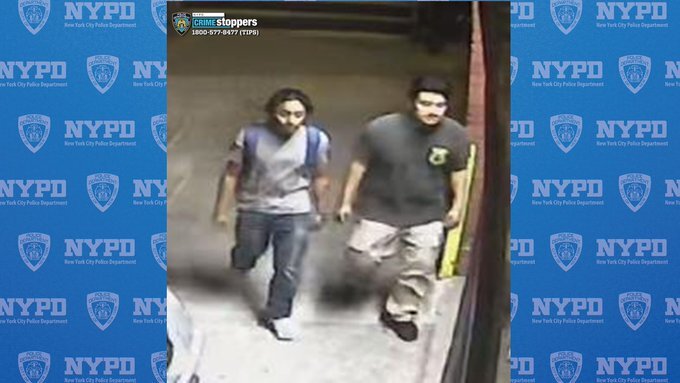By Gina Martinez
The Greater Allen A.M.E Cathedral in Jamaica hosted a panel discussion Saturday on the criminal justice system to examine the roots of the issues facing communities of color.
Among the topics were over policing, stop and frisk, mass incarceration, the “blue wall” and bias in the court system against minorities. The featured panelist were City Councilman Rory Lancman (D-Hillcrest), civil rights lawyer Royce Russell and Rainece Medley, a representative from the Civilian Complaint Review Board.
Each gave their positions on the current state of the criminal justice system and then took questions from audience members.
“So many of the problems that we have in our country, social problems, mental health problems, economic problems, have over the course of a few decades been turned more and more into policing problems,” Lancman said. “On the issue of mental health, about 40 percent of the people in Rikers Island at any given time have a mental health diagnosis. Some of them might also be legitimate criminals. The fact is that we have no real system in New York for dealing with people who have mental health issues that puts them out in the street and puts them in a situation where their only interaction with government is going to be a police officer.”
Lancman also spoke about how over policing is largely focused on minority neighborhoods and then turns young kids into criminals.
He pointed out that in the past a police officer may have reprimanded a young person to stop riding his bike on the sidewalk or to leave the park after dark, but now many people in certain communities are being given criminal summonses to appear in criminal court.
“Failure to appear results in a warrant for your arrest and it’s to the point where in New York City we have over a million open arrest warrants for people who didn’t appear in criminal court for these low-level, quality-of-life offenses. If you look, it’s not very mysterious, who is getting these criminal summons. Where is the focus of this low level criminal enforcement falling upon? It’s in communities of color.”
For example, Lancman said some 2,000 summons are issued every year for riding bikes on sidewalks in Bedford Stuyvesant, but in affluent Park Slope the number is only eight.
Medley spoke about what people should do if they have an unpleasant encounter with police. CCRB investigates and mediates complaints from the public about misconduct by NYPD officers. It handles complaints about excessive force, abuse of authority, discourtesy and offensive language. She encouraged anyone who has experienced misconduct to file a complaint so that investigations can begin.
But, much to the displeasure of the audience, she told them the CCRB holds only so much power. When CCRB finds that an officer committed misconduct the case is turned over to the police commissioner, who has the sole authority to impose discipline. They were reminded, though, that CCRB is able to document complaints and leaves a paper trail that might be useful in the future.
“The value in CCRB is that you need to start to have a record,” Russell said. “If a person choked you one time and got away with it, the likelihood that they’ll do it again is very, very high. And if you skip the process of CCRB, then the record may not be made for which someone else …. in another time, another borough who may come to contact with that officer.”
He said the CCRB by compiling a record can make a small case stronger.
Reach Gina Martinez by e-mail at gmart


































